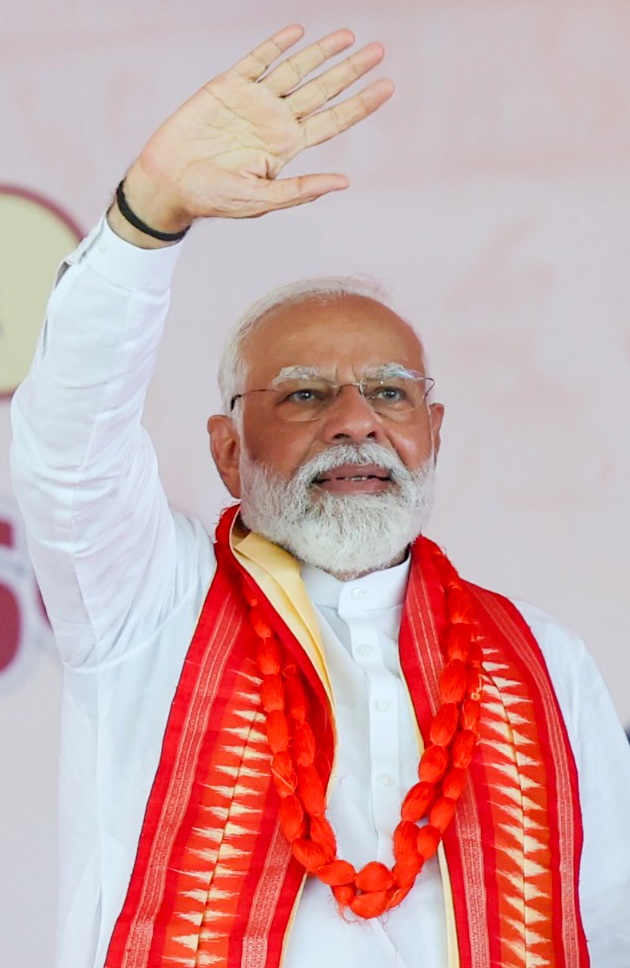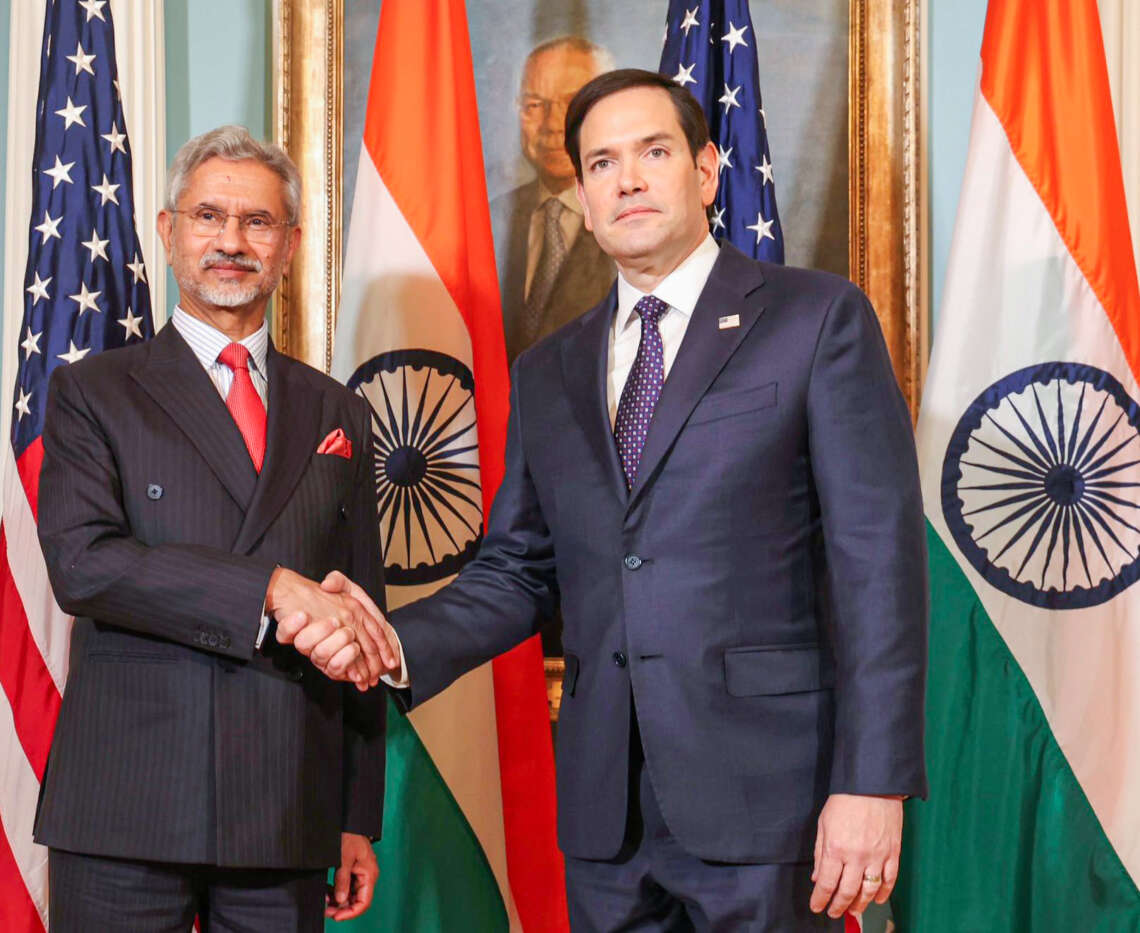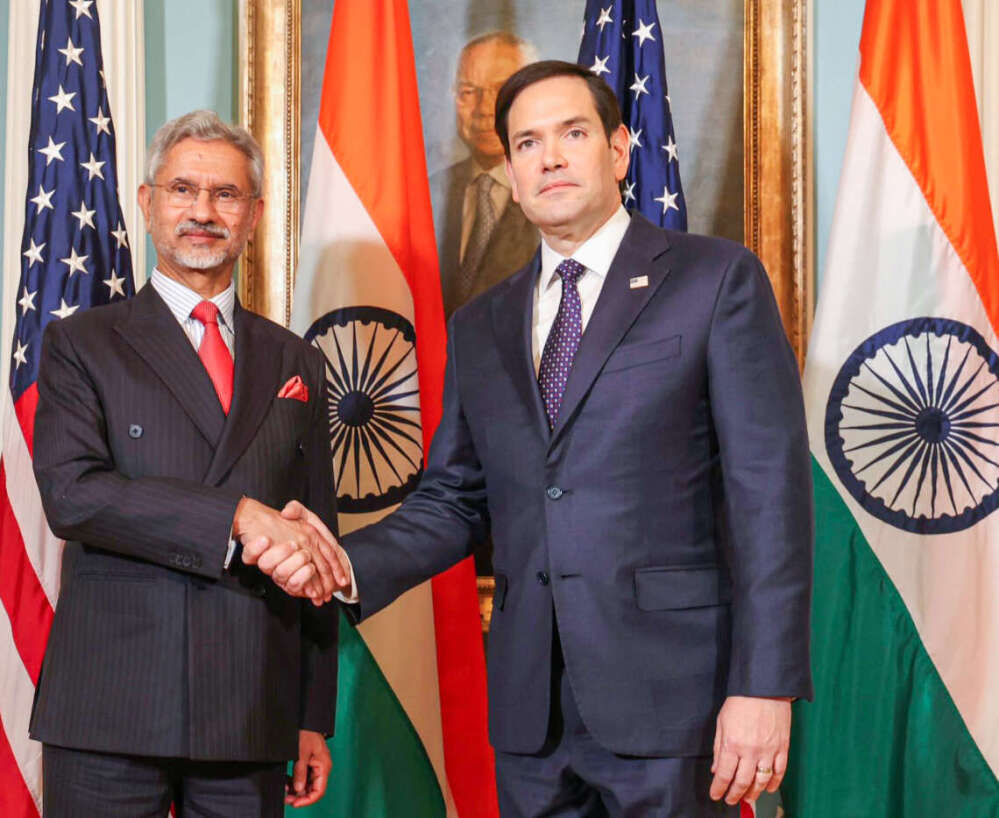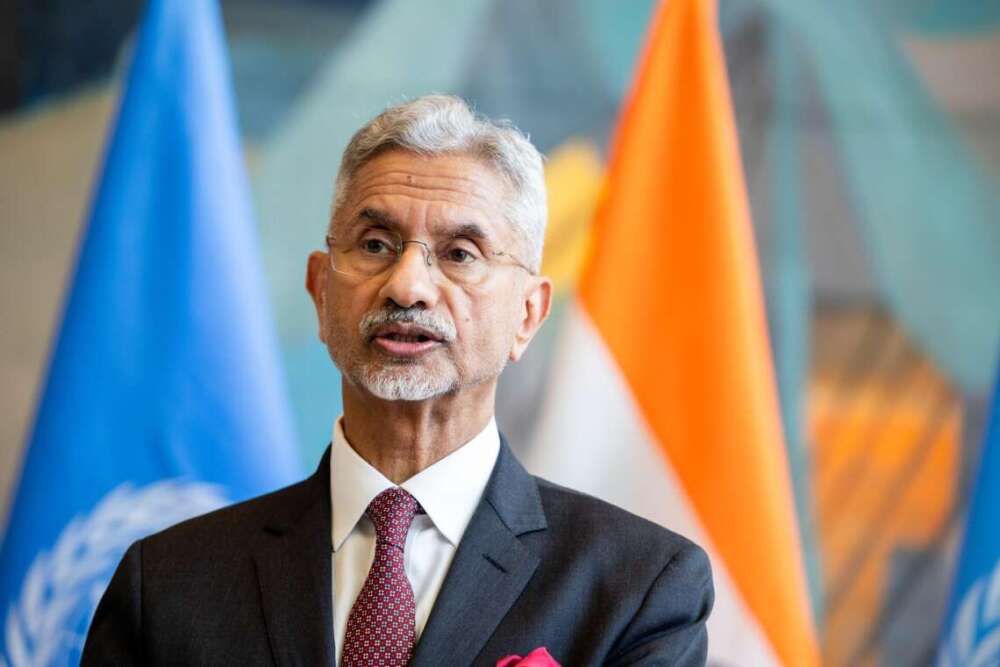Seasoned investors know that this couldn’t be farther from the truth. It is more than just about picking the right horses. It is also about backing them till they succeed….writes SANDEEP SAKLANI
Public spats have marred investor-founder relationships in 2022. Take the case of Amsterdam-based investor Gergely Orosz versus Invact CEO Manish Maheshwari in May 2022. Or Trell, where the founders claimed that investors have looked to bully them. The controversies at Zilingo and BharatPe have been public too. This begs the question — what makes the founder — investor equation click?
What is the role of a Venture Capitalist (VC)? Finding the right startup to invest in, riding its growth, and making huge returns for the limited partners? Not really. The VC community has often unfairly been dubbed as Vulture Capitalists; many criticise that the main strategy of VCs seems to be to invest in many ventures, so that at least one of them will lead to a goldmine.
Seasoned investors know that this couldn’t be farther from the truth. It is more than just about picking the right horses. It is also about backing them till they succeed.
Take the case of Prajit Nanu, co-founder of NIUM, one of the biggest founder-investor success stories. Back in 2020, Nanu and his investor, Vertex Ventures Southeast Asia (VVSEAI) were engaged in a back and forth regarding NIUM’s intentions to apply for a digital banking licence in Singapore.
VVSEAI wanted Nanu to forgo the licence in favour of a greater focus on its global B2B payment business. This was a ‘constructive disagreement.’ However, Nanu gave in and now refers to this as a watershed moment that eventually paved the way for NIUM’s success as a global leader in the money movement.
Nanu’s vision of creating a world of ‘open money’ first started with Instarem (when he focused on meeting the demands of consumers through seamless, faster and cost-effective digital remittance options).
Within just four years, NIUM was born, as he realised that businesses faced the same issues of slow, expensive/ disconnected cross-border payments as individuals did.
Nanu has often talked about three major areas in which investors can add value:
By poking holes in the founder’s assumptions, investors go a long way in shaping business strategies for the better, especially for fresh-faced founders lacking an in-depth understanding of their market.
At an early stage, you want your investor(s) to challenge you, but not block the path. Be supportive of the founders when they are pivoting… disagree if it’s a crazy idea, but do not mock their ambitions. Some friction between investor and founder is actually beneficial, provided that criticisms are made with the goal of fulfilling the founder’s vision.
It is encouraging to not just be there to celebrate wins, but also to sit by the founders’ side through uglier times.
This brings us to a very important realisation, every founder must know that “Not all capital is equal”.
Many first-time founders make the mistake of being swayed by investors who give them the highest valuation, without considering the entire ‘package’ offered by the other investors. This could be a grave error.
Likewise, for investors, being able to walk the fine line between challenging founders’ ideas and yet not disregarding or disrespecting their grand ambitions is the hallmark of an outstanding investor.
The bottomline is that founders grow to appreciate investors who are not afraid to initiate tough conversations from the heart.
Like Prajit Nanu does.












